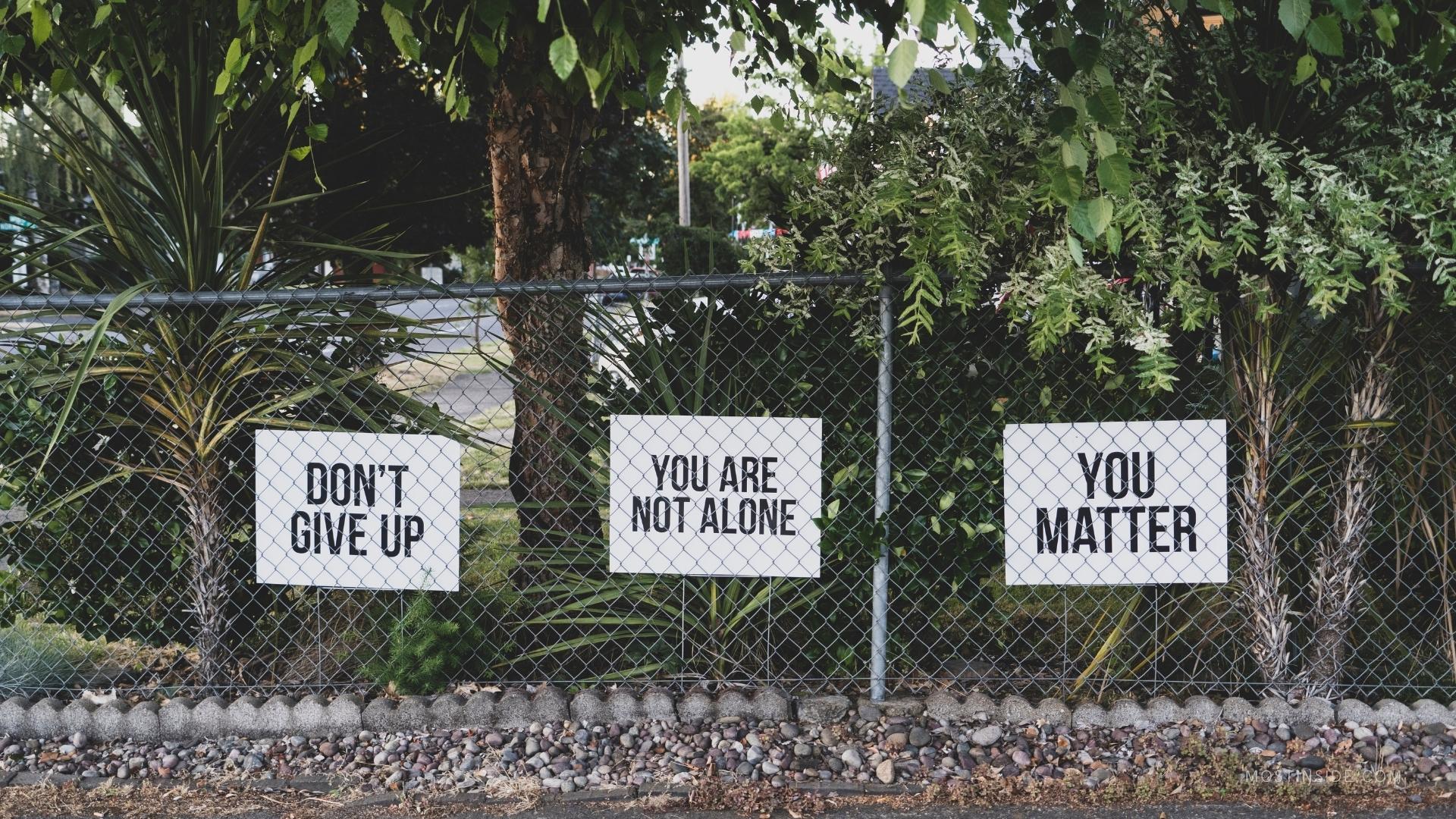Things You Need to Know About Divorcing From an Abusive Spouse

Abusive spouses can be very manipulative and often try to keep their victims in the relationship by using threats or intimidation. You may be feeling scared, alone, and helpless. But you are not alone.
Many people have been through what you are going through, and help is available. Also, It is important to understand that abuse is never your fault. It would be best if you had a solid plan in place before making any decisions about leaving an abusive relationship, as it can be very dangerous.
Studies affirm that victims of abusive marriages risk their lives when they seek divorce. In fact, the statistics suggest that the risk of homicide increases if a gun is involved.
Even for spouses that are less exposed to weapons, it’s not difficult to imagine an abusive partner harming their partner under the guise of a slip and fall accident. After all, slip and fall accidents have become second to car accidents regarding unintentional deaths.
In this blog post, we will discuss some of the things you need to consider if you are thinking about divorcing an abusive spouse.
1. Make Sure You Get a Lawyer’s Advice First
Abusive spouses often try to control every aspect of their victims’ lives. For example, they may threaten or openly use violence, restrict access to money or transportation, and attempt to isolate their victim from family and friends. A domestic abuse lawyer should be your first contact to find out about your legal rights and safety precautions.
It is quite dangerous to flee from an abusive relationship. “When the victim attempts to leave, more than 80 percent of all domestic-related homicides occur,” says HBO’s Cynthia Hill. So, if you’re thinking about leaving a spouse who abuses you, you’ll need a plan in place.
2. Document All Instances of Abuse
You need to know some things to protect yourself both during and after the divorce process. First and foremost, it is important to document all instances of abuse, whether physical, emotional, or financial.
This documentation can be in a journal, recordings, or even photographs. Having this documentation will be crucial if you ever need to seek legal protection from your abuser.
Keep copies of everything at work, send them to a friend, or make duplicates and store them at home. You’ll never have enough duplicate copies because you don’t know when your spouse will find them and destroy or lose them. Avoid keeping these records on your phone, especially if your spouse has access to it.
Another important thing to keep in mind is that your safety comes first. If your spouse has a propensity to become violent during the divorce process, you should establish a safety strategy in advance. This may include having a friend or family member on standby who can testify.
3. Have a Support System in Place
These people can provide a listening ear, practical advice, or just be there to offer a hug when needed.

Abuse is often about power and control. Unfortunately, an abusive spouse tries to maintain that power and control by isolating their victim from the outside world. Having a supportive network in place can help offset this tactic.
Additionally, tell someone about the abuse. It can be difficult to keep everything bottled up inside. Talking to someone who will believe you and support you can help tremendously. And if things do escalate, this person can be a valuable witness.
Divorcing an abusive partner is not simple, but it is feasible. With preparation and support, you can take back control of your life and start moving forward.
4. Be Security Conscious – Beware of The Slip and Fall Accident
Keep yourself safe by changing your locks, having a security system installed in your home, and keeping track of where you are at all times. If you have children, make sure they know how to reach you in an emergency and understand what is happening. Have a support network in place, such as close friends or family members.
You may be feeling scared, alone, and unsure of what to do next – but there is help available. You are not alone. Remember that you have the power to take control of your life and make the decisions that are best for you. Seek expert advice to evaluate your condition.
5. Make a Strategy for Getting Out and ASK FOR HELP!
Make your plan to leave, and decide where you’ll go. You can look for a safe place to stay while you get back on your feet. Maybe you can go to a family member’s house, or you may even be ready to move into a place independently.

Whatever you decide, make sure you determine the expenses you’ll have, how you’ll leave, where you’ll go, and when it will happen. Then, wait until you are safely out of the house and relocated to serve your abuser with the divorce papers.
You should not inform your spouse of your plans, as this might aggravate the problem. Leave the abuse situation if you have children and are concerned about the abuser discovering where you reside. Arrange for child care exchanges at neutral, public locations like grocery or department store parking lots, or even the local police station if necessary.
6. Prepare for the Abuser As They Try To Control Your Freedom
An abusive partner may demand a lot from the complainant like child custody, trying to steal your assets, or chasing you down. They may also try to damage your reputation or make it difficult for you to find a job. All for the purpose of controlling your life further.
Thus, you need to be prepared for this and have a solid support system. The most important thing is to stay safe during the divorce process and after. If you are in an emergency, dial the police. In addition, many national and local organizations can help you, such as the National Domestic Violence Hotline (800-799-SAFE).
You will also need to be prepared for the financial impact of divorce. Abusive spouses often try to control the finances to keep their victims trapped. As a result, you may need to get a job or file for child support and spousal support. You should also talk to a domestic abuse attorney about your rights and what you can expect from the divorce process.
Conclusion
Divorcing and fleeing from an abusive spouse is hard in every aspect you can imagine. However, it is possible to overcome it with the right support.
First, you need to understand the legal process, know where to get help, and prepare for the challenges ahead. With the right information, legal assistance, and support, you can divorce an abusive partner and start rebuilding your new life.
Recommended For You
10 Marriage Secrets You Were Not Aware Of
Most Inside
Most Inside offers high-quality recommendations and valuable updates to enhance all aspects of your life, providing premium guidance and enriching experiences.




